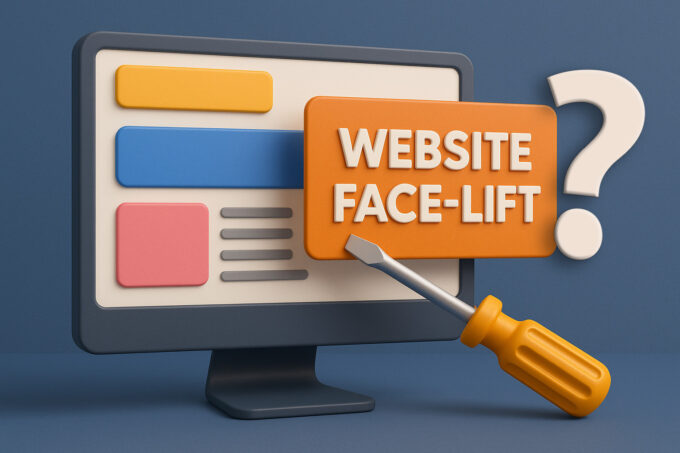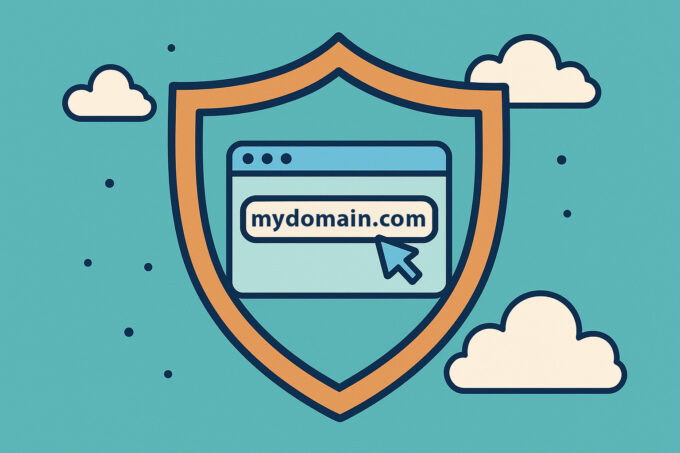In today’s digital world, a strong online presence is crucial for businesses of all sizes. Your website is not just a pretty face on the internet; it can be a powerful software tool that seamlessly integrates with your everyday business processes. In this blog post, we will explore how websites serve as essential tools that complete the business flow and align with your business identity.
Defining Your Goals
Before evaluating your website, it’s important to set clear goals. What do you want your website to achieve? Are you looking to attract new customers, generate leads, or streamline your business operations? Understanding your objectives will help you assess whether your website aligns with your desired outcomes.
Enhancing Business Flow
A well-designed website goes beyond being a stand-alone representative online. It becomes an integral part of your business flow, seamlessly connecting with your day-to-day operations. For example, if you have an e-commerce website, does it smoothly handle transactions, inventory management, and order processing? Consider how your website can enhance efficiency and productivity in your business processes.
User-Friendly Experience
Websites should provide a user-friendly experience for both customers and internal users. Is your website easy to navigate and understand? Can customers find the information they need quickly? In terms of internal users, does your website integrate with other software tools used in your business, such as customer relationship management (CRM) systems or inventory management software? A website that aligns with your business flow should be intuitive and seamlessly connect different aspects of your operations.
Reflecting Your Business Identity
Your website should reflect your unique business identity and branding. The design, color scheme, and content should be consistent with your overall brand image. Consider whether your website accurately represents your business values, products, and services. A cohesive brand identity across your website and other communication channels strengthens your business presence and builds trust with your target audience.
Integration with Everyday Processes
To maximize the power of your website, it’s crucial to integrate it with your everyday business processes. For example, if you have a service-based business, can customers schedule appointments or make bookings directly through your website? If you have a blog or news section, does it integrate with your social media platforms, allowing easy sharing and engagement? Explore ways to leverage your website as a tool that seamlessly complements and enhances your daily business activities.
Measuring Success and Optimization
Just like any other tool, it’s important to measure the success of your website and make data-driven decisions for optimization. Set up analytics tools to track key metrics, such as website traffic, conversion rates, and user engagement. Analyze the data to gain insights into user behavior and identify areas for improvement. By continuously optimizing your website, you can ensure it remains an effective and valuable tool in your business arsenal.
Let’s summarize
Websites are not just online representatives; they are powerful software tools that can complete your business flow and integrate seamlessly with your everyday processes. From enhancing efficiency to reflecting your business identity, a well-designed website aligns with your goals and strengthens your online presence. By embracing the full potential of your website as a software tool, you can leverage its capabilities to streamline operations, attract customers, and foster business growth in today’s digital landscape.



